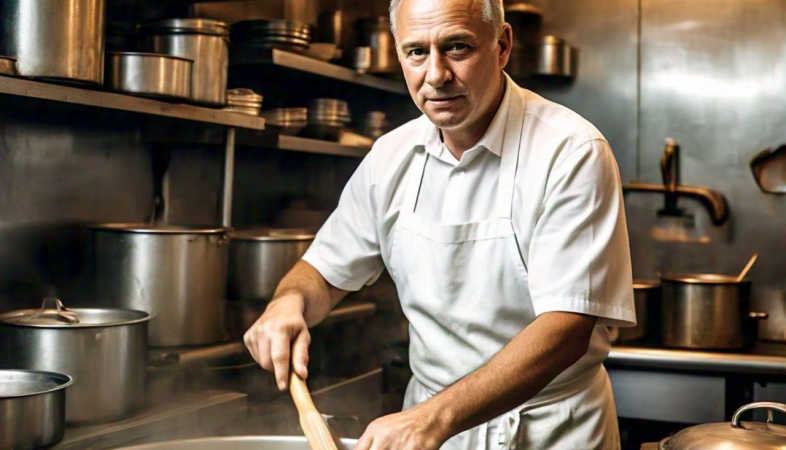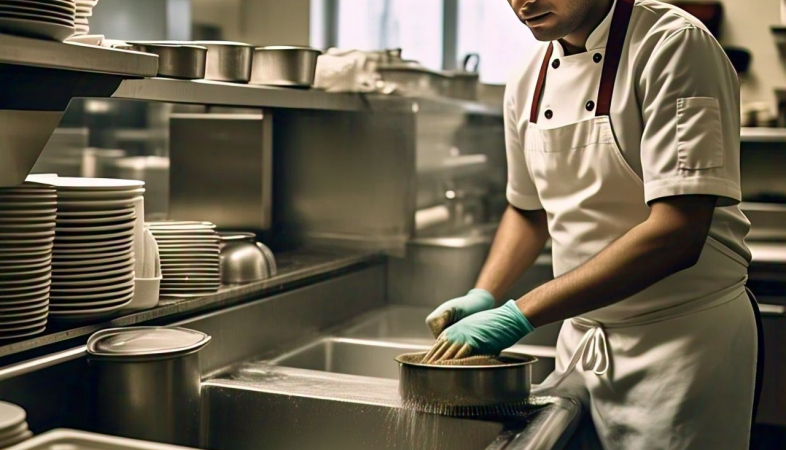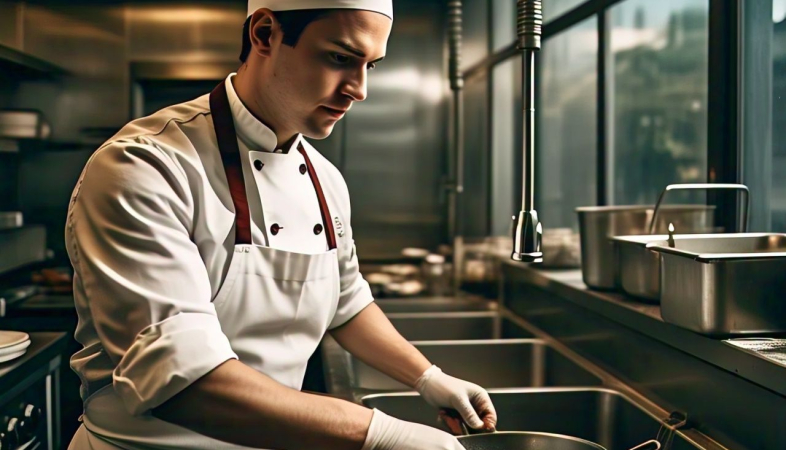
A well-structured dishwashing setup is the backbone of a smooth-running kitchen.

Energy-efficient dishwashing is a win-win strategy for businesses looking to balance cost savings with environmental responsibility.

By adopting smart techniques, stewards can significantly reduce cleaning time while ensuring high sanitation standards.

The rise of hotel room kitchens represents a shift toward a more personalized, health-conscious, and sustainable approach to travel.

Among these, self-cleaning surfaces have emerged as a revolutionary technology that could transform kitchen hygiene.

Collaboration with suppliers can also help in reducing waste at the source.

With high-pressure environments, fluctuating demand, and the need for strict hygiene standards, kitchen stewarding requires seamless coordination.

Without proper systems in place, stress levels can rise, leading to inefficiencies and burnout.

To ensure a high-performing stewarding team, a combination of structured training, effective leadership, and motivational strategies is essential.

The ability to stay calm, work efficiently under stress, and maintain high standards of hygiene and organization is essential for success in this role.

The success of any catering or banquet event depends not only on culinary excellence but also on the efficiency of behind-the-scenes operations.

By implementing best practices, stewards can significantly reduce the risk of cross-contamination and create a safer dining experience.

Both industries operate in unique, high-pressure environments where maintaining top-notch service standards and food hygiene is essential.

Reducing food waste is not just the responsibility of the chefs or management team—it’s a collaborative effort that involves everyone in the kitchen, including the stewards.

Establishing a structured cleaning routine requires careful planning, clear communication, and consistent adherence to protocols.

A well-designed kitchen can significantly improve stewardship efficiency, contributing to faster service, better organization, and cost savings.

By implementing these time-saving hacks in a busy commercial kitchen, restaurants and other food service operations can streamline their dishwashing processes.

The future of commercial kitchen cleaning will likely see even more automation, AI-driven decision-making, and sustainable innovations.

Regular practice and feedback are also critical to ensuring that stewards are comfortable and competent in their new responsibilities.

Kitchen stewards are often working in challenging and physically demanding conditions, so keeping morale high is essential.